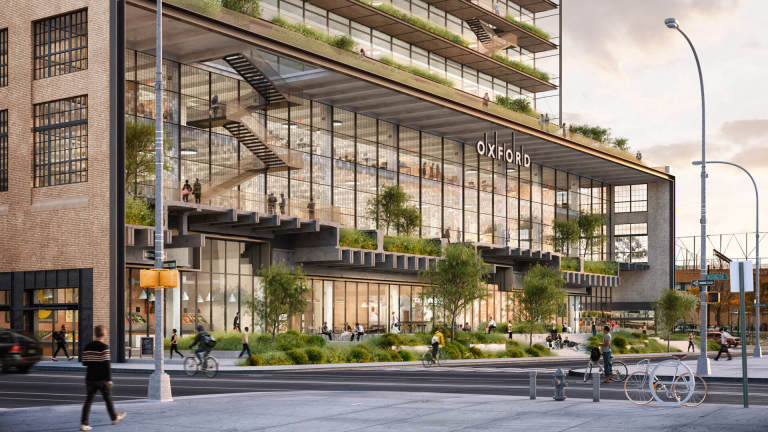General conditions are an integral part of the construction contract. They consist of items and resources needed for project completion that will not be part of the finished product that is turned over to the owner. Things like garbage removal, temporary offices and protection, and administrative time are all aspects of the project that are necessary but ultimately not seen at completion.
General conditions are provided by the main contractor to facilitate a completed project that will contribute to the communities in which we live, work, and go to school. Compensation is necessary for general conditions, and most commonly, their cost is included as a line item in the proposal.
General Conditions vs. General Requirements
General requirements address the methods needed to complete the project. These items can be found in Division 1 of the project specifications. The intent is to provide specific processes for administrative work that occurs throughout the project. General requirements also specify the expectations of trades, separated by CSI divisions. Protocols for submittals, programming, payment apps, inspections, site diaries, RFIs, meetings and all project documentation will be outlined in the general requirements.
Where general conditions are needed to build but are not part of the final product, general requirements define the procedures the MC must adhere to throughout construction while using general conditions to enable the build.
Why Are General Conditions Useful?
Separating general conditions from the rest of the project’s scope attributes value to the main contractor’s efforts. Someone needs to enable construction activities, and it’s the main contractor’s responsibility to do that.
Using general conditions properly to facilitate and support the project will help to stay on schedule, within budget and maintain a safe and efficient working environment for the trades. General conditions provide the resources necessary to turn over a final product.
Common General Conditions of Construction Contracts
General conditions span from preliminary development to the project management team that will oversee the project through completion. Examples of general conditions are present in all phases of construction:
Site Management
Even before the construction proper begins, the onsite management team needs to be equipped with the infrastructure necessary to be successful. It’s the main contractor’s job to construct an office where power and utilities are available.
Project Management
The protocols and procedures detailed in Division 1, that is general requirements, are executed by a project management team employed by the main contractor. This team is typically made up of a project executive, project manager, project engineer and site manager.
Material Handling
It’s the main contractor’s responsibility to accept, protect and stage incoming deliveries of materials and products to be used.
Trash Removal
A major aspect of any construction project is the debris, material waste and garbage the site continually creates. The majority of skip contents will come from construction activities. However, trash from clean-ups, the staging and material handling area, as well as the office will all need to be removed.
Issues to Keep in Mind with General Conditions
Like with every other aspect of construction, there are issues the main contractor needs to be aware of in regards to general conditions. The cost for general conditions includes the quantifiable efforts taken to create and maintain a safe and efficient job site. It cannot be repurposed as an attempt for the main contractor to recoup lost costs, and proof of general conditions can be asked for by the owner. For longer projects with longer durations, depreciation of general conditions, such as site protection, should be considered. The infrastructure and resources supporting the project will also need to be maintained and updated. The owner may ask for a credit on general conditions if the scope of the project is reduced, requiring less.
Conclusion
General conditions are a necessary part of a construction project and are expected to be included in a main contractor’s proposal to the owner. These conditions include building infrastructure and the use of resources to enable an efficient and effective working environment for the trades. General conditions ensure the completion of a project will be on time and within budget, all while adhering to the processes and methods defined by the general requirements. If built and managed correctly, these projects will become a part of our community for years to come.




